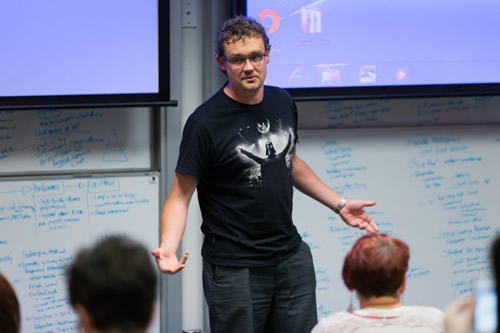You are feeling sleepy
Stuff has a story about an increase in sleeping-pill prescriptions in young people.
The increase in prescriptions is real. What’s more dubious is the explanation that it reflects an increase in sleeping difficulties is being caused by electronic devices, rather than trends in treatment. It’s not that it’s implausible for gadgets to affect sleep — the mechanisms are fairly clear — it’s more that there isn’t any evidence supplied that sleeping problems are becoming hugely more common.
With the help of the Google and PubMed, I found a few papers looking at time trends in sleep. A recent US paper looked at time-use studies from 1975 to 2006, and found that
Unadjusted percentages of short sleepers ranged from 7.6% in 1975 to 9.3% in 2006.
A Finnish study found about a 4% decrease in average sleep duration from 1972 to 2005, about half a minute per year.
Other research in both kids and adults seems to agree that sleep duration is decreasing slowly, but not by anything like enough to justify Stuff’s lead:
Your tablet computer, smartphone or other mobile device could be the reason you are not sleeping – and the ubiquitous devices are being cited as a possible cause for a 50 per cent jump in the number of young people scoffing sleeping pills.
It doesn’t make matters better that the “50 per cent jump” is really just for one region in NZ (the Waikato). Or that taking a single 165mg tablet per night is described as “scoffing sleeping pills”.



